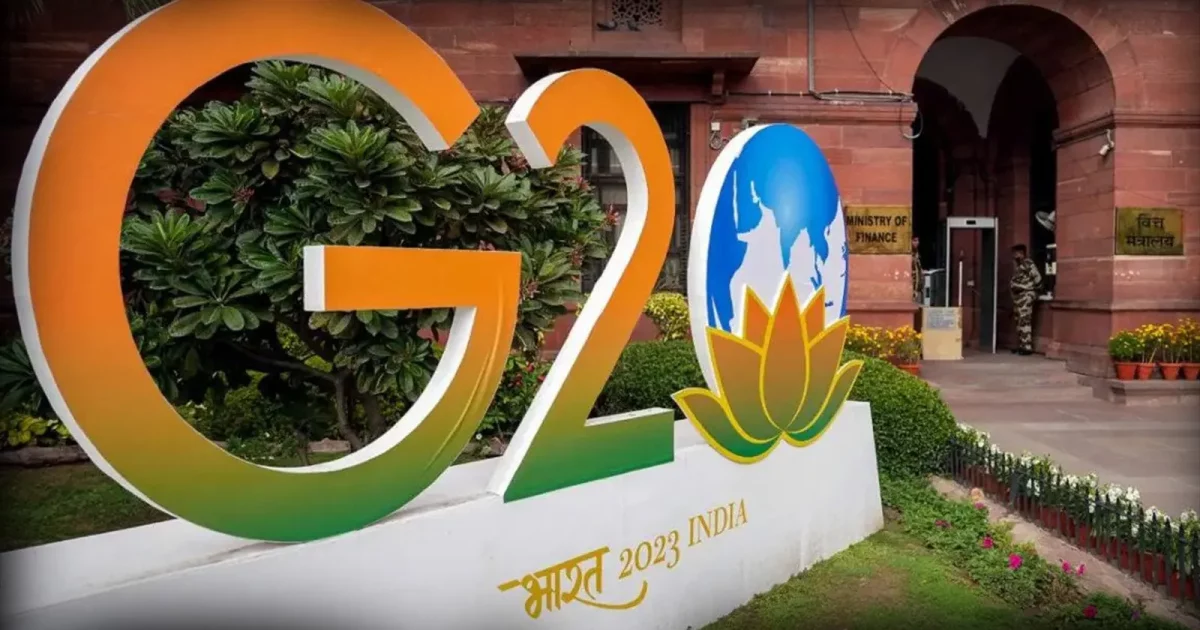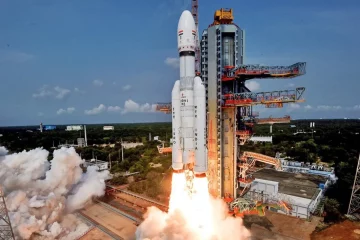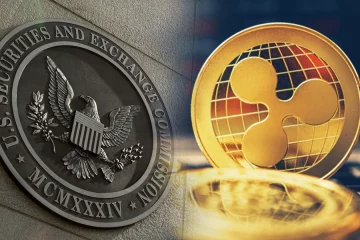
The upcoming G20 summit in New Delhi is at risk of being overshadowed by deep divisions over Russia’s war in Ukraine, potentially hindering progress on critical global issues such as food security, debt distress, and climate change cooperation. These divisions have been so entrenched that no consensus has been reached in any of the 20 or so ministerial meetings held during India’s presidency, leaving the onus on world leaders to navigate through this diplomatic quagmire.
However, a significant twist in this narrative is the absence of both President Xi Jinping from China and President Vladimir Putin from Russia. This suggests that neither nation is inclined to engage in consensus-building, leaving the stage dominated by Western leaders, including U.S. President Joe Biden, German Chancellor Olaf Scholz, French President Emmanuel Macron, Saudi Arabia’s Mohammed Bin Salman, and Japan’s Fumio Kishida.
The repercussions of a failed summit could be profound, potentially exacerbating the divide between Western and non-Western powers. In an increasingly interconnected world, this scenario raises concerns among analysts who fear that countries may retreat into comfortable groupings rather than addressing global threats collectively. As Michael Kugelman, Director of the South Asia Institute at the Wilson Center, warns, “Breaking off into Western and non-Western blocs isn’t what you want” when confronting global challenges.
Diplomatic Efforts and Challenges:
Indian Prime Minister Narendra Modi, who seeks to bolster New Delhi’s position as an economic powerhouse and leader of the global South through the G20 presidency, faces immense diplomatic challenges if a consensus remains elusive.
Reflecting on a recent development in Bali, where Indonesian President Joko Widodo managed to secure a last-minute joint statement, Indian officials are hopeful that leaders can once again find common ground when pressed for time. The Bali Leaders’ Declaration strongly condemned the war in Ukraine for causing immense human suffering and exacerbating global economic fragility. However, it also acknowledged differing views on the situation and sanctions.
Despite some flexibility shown by Russia and China in Bali, the ongoing war has eroded the possibility of consensus, leaving negotiations in a precarious state. Canada’s Prime Minister Justin Trudeau and Russian Foreign Minister Sergei Lavrov, standing in for Putin, have already taken firm stances. Trudeau has expressed disappointment over the exclusion of Ukrainian President Volodymyr Zelenskiy from the summit and vowed to advocate strongly for Ukraine’s cause. On the other hand, Lavrov has signaled Russia’s intent to block the G20 summit’s final declaration unless it aligns with Moscow’s position on Kyiv and other crises, though diplomats view acceptance of Russia’s stance as improbable, potentially resulting in a non-binding or partial communique.
China’s Strategic Move:
The absence of President Xi Jinping from China could be interpreted as a strategic move to undermine the G20’s relevance, particularly in the wake of the BRICS group’s recent expansion. China, as a heavyweight in BRICS, has been pushing for a reshuffling of the global order it views as outdated. David Boling, Director at consulting firm Eurasia Group, suggests that Xi’s absence might be Beijing’s way of putting the final nail in the G20’s coffin, especially following BRICS’ expansion, which aligns more closely with China’s worldview.
India, as a BRICS member alongside Russia, China, Brazil, and South Africa, had expressed concerns about the bloc’s expansion. Still, it eventually reached a consensus on criteria for new entrants during the Johannesburg summit last month.
India’s Agenda and Challenges:
Throughout its G20 presidency, India has strived to sideline differences over Ukraine and focus on resolving critical issues such as climate change, debt relief for vulnerable nations, cryptocurrency regulations, and multilateral banking reforms. New Delhi has also attempted to address a deadlock concerning the safe export of Ukrainian grain via the Black Sea, but Russia’s opposition remains a significant obstacle.
Progress on debt restructuring talks and a global corporate tax minimum has been limited. Nevertheless, India has garnered support from the United States and the International Monetary Fund for comprehensive global cryptocurrency regulations.
Additionally, a G20 committee, co-led by former Indian bureaucrat N.K. Singh and economist Larry Summers, has proposed increasing lending by multilateral banks to developing nations, although consensus on this proposal has not yet been achieved.
While climate change goals have historically divided developed and developing countries in G20 meetings, it is unlikely that these positions will change significantly at the upcoming summit.



